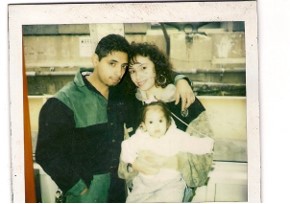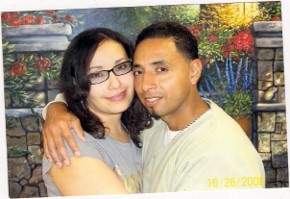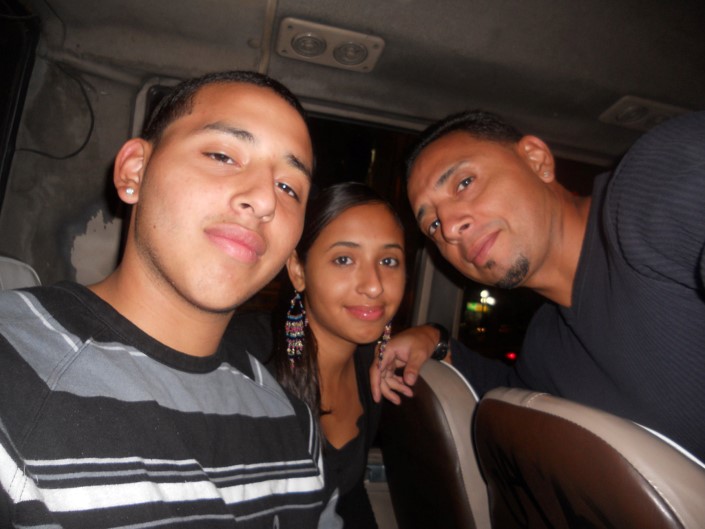On August 4th, 1996 Denis Calderon and his cousin, both longtime permanent residents in the United States, were walking home from a bar, in Northeast Philadelphia when a gang of men starting throwing bottles at them and calling them racial slurs. The only reason the men chose to attack them was due to the color of their skin. Denis and his cousin happened to be in a neighborhood that was predominantly white at the time. The assailants assaulted them and stabbed Denis. The police arrived on the scene but instead of arresting the perpetrators, they arrested Denis and his cousin.
"Naturally, one would assume the men who attacked them were brought to justice for the attack, but our reality held no justice."
JESENIA CALDERON
Both men were charged in the incident after one of the attackers, Christian Saladino, fell into a coma as a result of the confrontation.
After a bench trial, Judge Gregory Smith convicted Denis and his cousin of aggravated assault. They submitted a timely appeal within months.
A year later, when Saladino passed away due to a rare blood clotting disease, the two men were tried for murder before a jury and acquitted, in part due to expert medical testimony, indicating Denis and his cousin were not responsible for Saladino’s physical condition.
Saladino suffered from a rare blood clotting disease and had sustained no bruises on his head or torso that could have caused him to fall into a coma.
In a subsequent hearing, Judge Smith vacated his earlier verdict, which was based on medical evidence that had been presented at the murder trial. However, the ADA on the case, Seth Williams appealed Judge Smith's decision to vacate the aggravated assault conviction and prevailed. All subsequent appeals of the criminal charges were unsuccessful.
Williams efforts led Denis and his cousin to be sentenced to serve over 10 years for aggravated assault. The perpetrators of the assault did not serve any time.
Despite both men having longtime permanent resident status and Denis being married to an American citizen, when they were falsely convicted of the hate crime that had been committed against them, their legal immigration status was revoked.
Denis refused to sign the travel document that would deport him to Peru, a country he had no memory of as he grew up in New York and had lived in the United States since he was five years old. Denis's refusal to sign led him to be sentenced with another felony and added two years to his sentence.
"Finally, my father couldn’t bear the life in a prison cell anymore with no one listening to his plea for justice. He reluctantly signed his life away to Peru."
JESENIA CALDERON
Denis eventually decided to sign the travel document.
Both men were deported in 2009 after serving 4 years in federal prison for refusing to sign their travel documents.
"My father was taken from me by the system when I was 5. My mother was forced to become a single mother, and I was too young to understand, so we were hopeless in intervening."
JESENIA CALDERON
He has been living in Peru for ten years now and has been separated from his loved ones for almost twenty years.
His daughter, Jesenia Calderon, who is now in her 20s, has an approved family petition for him to get his green card back. However, the old criminal conviction is preventing him from being able to use the petition.
"I’m not that little girl anymore, and I am fighting for the justice of my father, Denis Calderon. With the support of the community, we could help reunite an innocent man with his family."
JESENIA CALDERON
Free Migration Project is working with the community membership organization, Make the Road PA, to try to either get the case vacated or pleaded down in Philadelphia criminal court and/or obtain a pardon from the governor.



